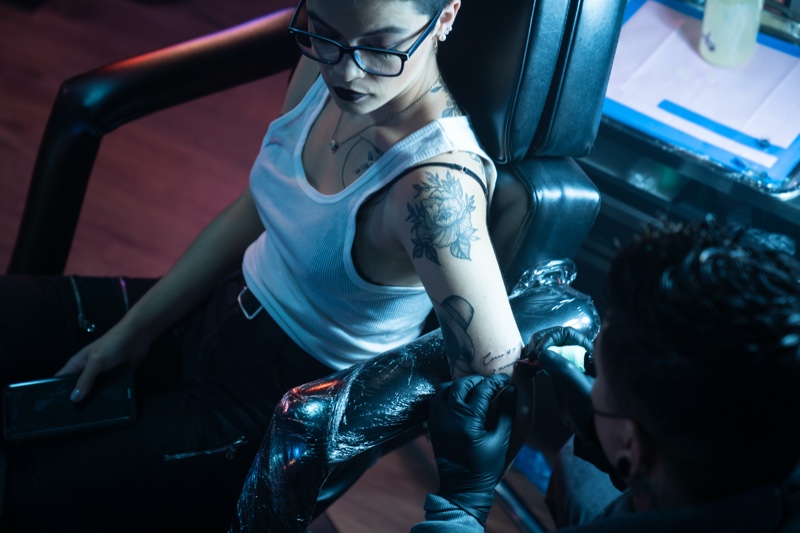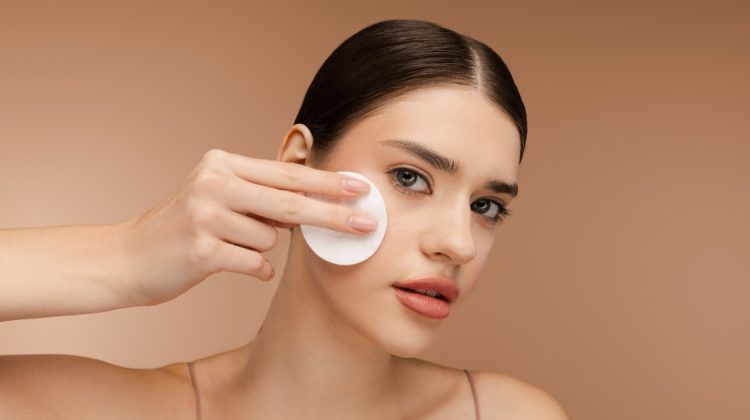
Getting a tattoo on your skin doesn’t just involve searching for the best tattoo studio and artist. You should be aware that the safety of your skin is also on the line. This makes it necessary to know how to prepare your skin for the process.
The skin is delicate and vulnerable to tattoo pens, machines, or irons. So how do you prepare your skin before and after your next tattoo? This article gives the answers to your questions. So, read on to learn more.
8 Skin Care Tips Before and After a Tattoo Session
Before the Tattoo Session
1. Avoid Clippers and Blades
Using clippers or blades on the tattoo placement area is not ideal before the process. If there’s a need to clean the area’s hair, the artist will handle it. Shaving is also a part of the tattooing process. They use the right tool (sterile razor) to ensure the skin is not affected.
Using clippers or regular blades on the skin before the tattoo process could leave it looking irritated.

2. Stay Hydrated
You must avoid not having enough water and food in your system before getting a tattoo. But how does this affect a tattoo session? Dehydration affects you in several ways, but notably, it leaves your skin dry and thin.
Dry skin makes it tough for the tattoo artist to do a perfect job. Moreover, leaving your skin in such a state makes the process more painful than it should.
To avoid this, keep yourself hydrated for at least one week before the slated date. Water and food are essential to maintain hydration and energy.
3. Keep Calm
On most occasions, tattooing can raise an uneasy feeling in individuals. However, you should know that the tools used for the process only affect the initial layer of the skin. This is mainly due to their sizes. You might notice some itching on the skin during the process, but it’s just for a while.
The tattooing experience is not very pleasing, but a calm mind can help you stay relaxed while the process is ongoing.

4. Use Only Prescribed Substances
Not every substance is ideal before your tattoo appointment. You might need to talk with a medical practitioner to know what substances are suitable for consumption before the day of the inking process.
However, abstaining from substances that will result in blood thinning is necessary. A few examples of such constituents are aspirin and alcohol. You might wonder how these substances can affect the tattooing process.
Taking such elements could result in excess bleeding while getting inked.
After the Tattoo Session
5. Cover It or Leave It Exposed When Necessary
Not every artist supports leaving the tattoo uncovered immediately after the session is complete. While leaving the tattoo covered is important, opening it up is also helpful. Although leaving the tattoo exposed speeds up the healing process, it also exposes it to infection.
This is where the need to keep it covered comes in as a protective strategy. Most tattoo artists advise that it stay covered for up to four days.

6. Use skin care lotion.
After getting inked, skin care lotion is necessary for multiple reasons. You might feel irritation and itching around the area during the healing process. Also, you may notice skin dryness within 3 to 4 days after the tattooing process.
In such cases, you’ll need to use skin care lotion to keep the skin moisturized and healthy.
7. Use Sunblock Cream
This product is vital for exposed tattoos. It functions as a protection against sunlight. Always use sunblock cream if you must step out in the sun.
8. Avoid Contact with The Placement Area
Avoiding contact with the tattoo is crucial, especially within 24 hours after the inking is done. This is because, at this stage, its appearance is still vulnerable to altering.
Conclusion
Healthy skin is a plus to a successful tattooing process. But the question is, how can you care for your skin before and after getting inked? Some crucial steps you can take include staying hydrated and using skin care lotion and sunblock cream.
Also, avoid touching the placement portion immediately after the process is complete, as this could dent the appearance of the tattoo.





